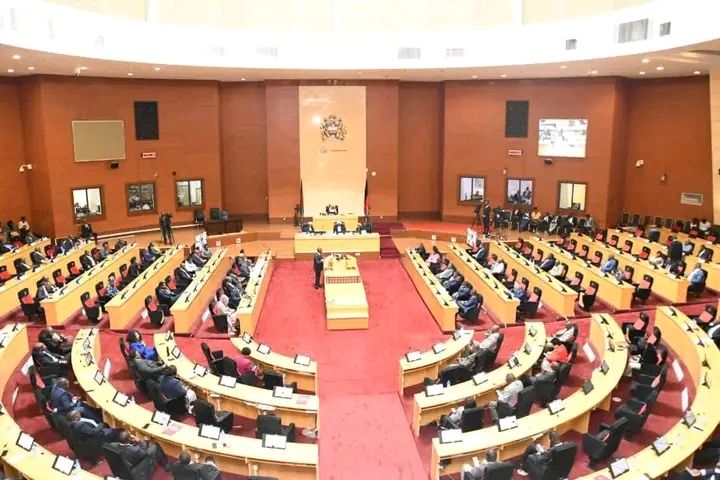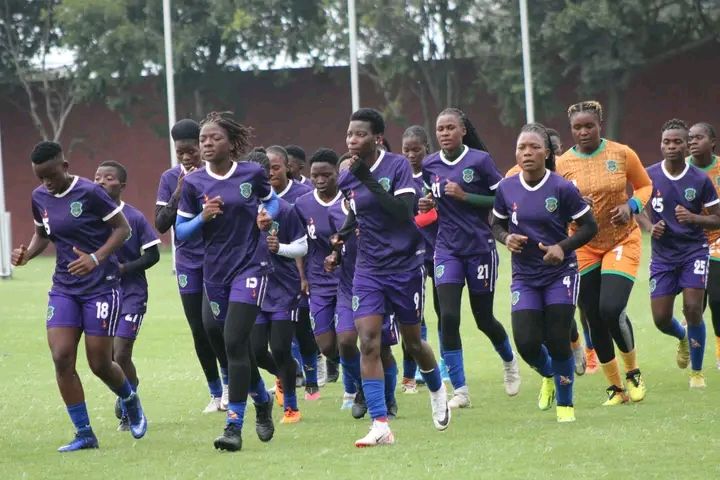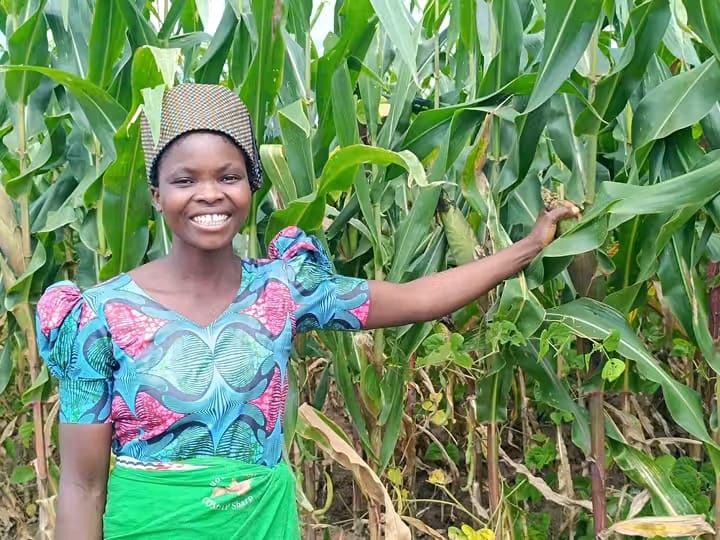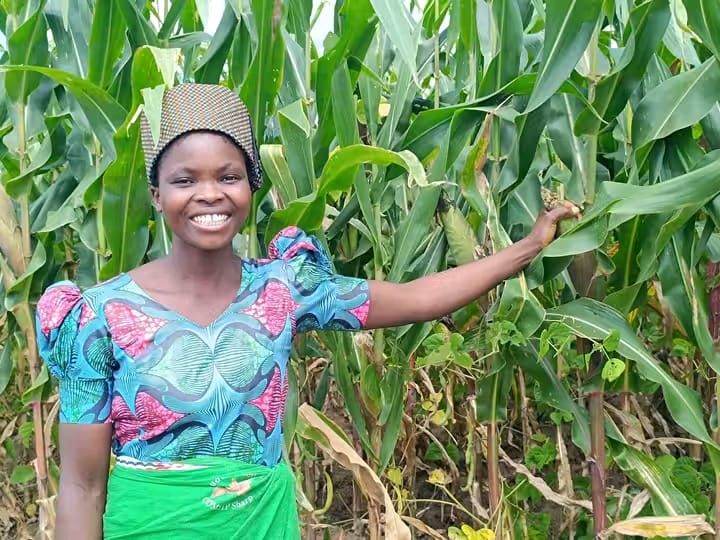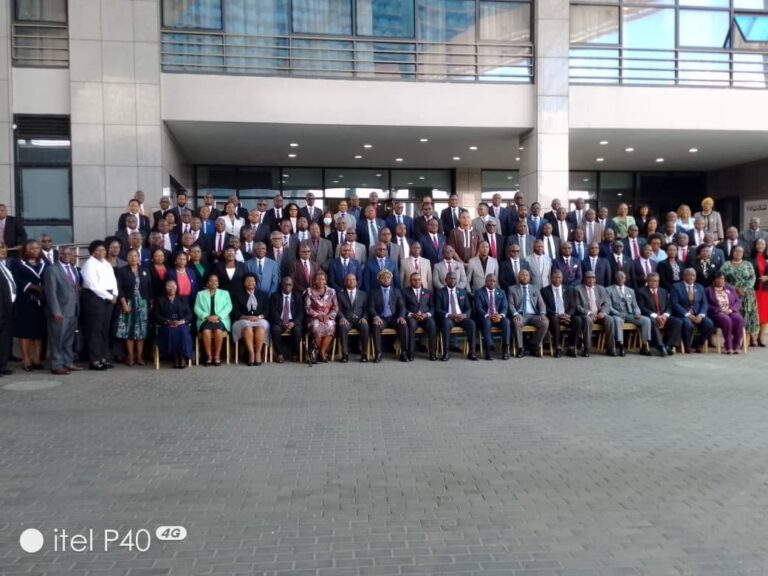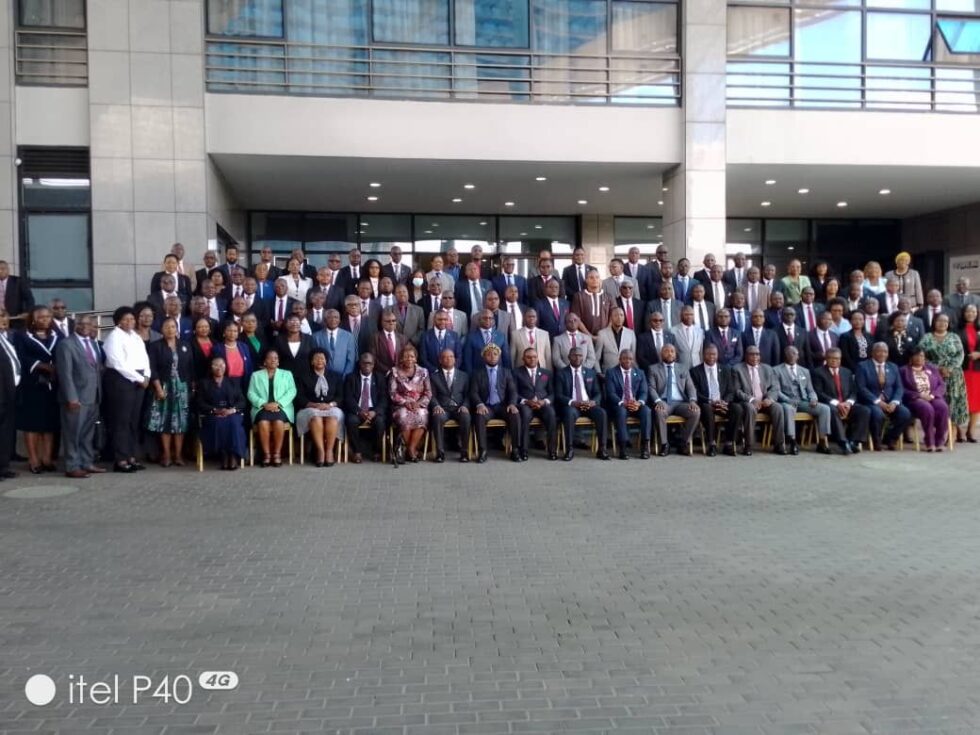By Jones Gadama
Minister of Higher Education Dr. Jessie Kabwila embarks on a significant visit to Hebron and Jubilee Universities, aiming to appreciate the institutions’ contributions to the government’s efforts in advancing the MW2063 agenda.
As the first Minister of the newly established Ministry of Higher Education, Dr. Kabwila has been tirelessly visiting public and private universities to assess the quality of services offered.
Dr. Kabwila’s mission is to ensure that all universities comply with academic standards, providing students with skills that benefit the labor market.
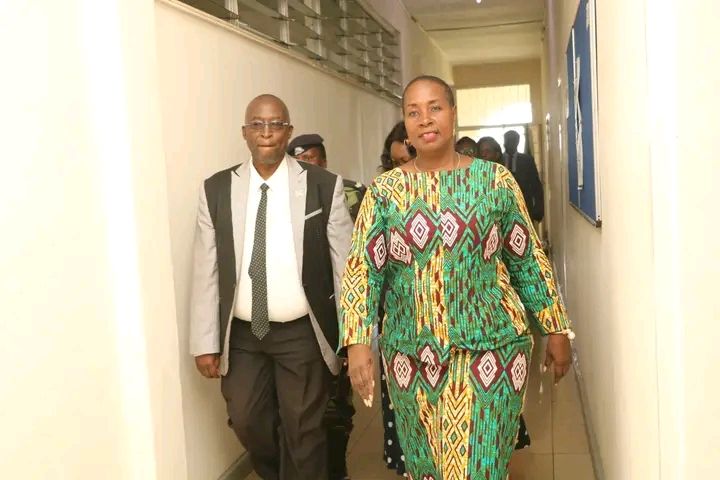
Her commitment to academic excellence and relevance is evident in her urging of universities to focus on producing graduates who can contribute meaningfully to the country’s development.
Moreover, Dr. Kabwila issued a strong warning against individuals holding fake certificates, emphasizing the need for authenticity and integrity in the education sector.
She has encouraged employers to audit their staff credentials to verify their legitimacy, promoting a culture of transparency and accountability.
The Minister’s visit to Hebron and Jubilee Universities is a testament to her dedication to promoting quality education and advancing the MW2063 agenda.
As outlined in the MW2063 blueprint, Malawi aims to become an upper-middle-income country by 2063, with a strong emphasis on human capital development.
Dr. Kabwila’s efforts to enhance the quality of education in Malawi are timely and crucial.
By promoting academic excellence, relevance, and integrity, she is helping to ensure that the country’s education system produces graduates who can drive economic growth, innovation, and development.
As the Minister continues her visit to Hebron and Jubilee Universities, she is expected to engage with university administrators, faculty members, and students to discuss ways to improve the quality of education and advance the MW2063 agenda.
About Dr. Jessie Kabwila
Dr. Jessie Kabwila-Kapasula is a renowned Malawian academic, feminist, educator, and activist. She holds a doctorate in comparative literature from Binghamton University and has served as a lecturer at the University of Malawi.
Dr. Kabwila has been a vocal advocate for academic freedom, women’s rights, and social justice.
Her appointment as Minister of Higher Education has been widely welcomed, with many expecting her to bring about significant reforms in the education sector.
As Dr. Kabwila continues to champion the cause of quality education in Malawi, her visit to Hebron and Jubilee Universities marks an important milestone in her efforts to advance the MW2063 agenda.


